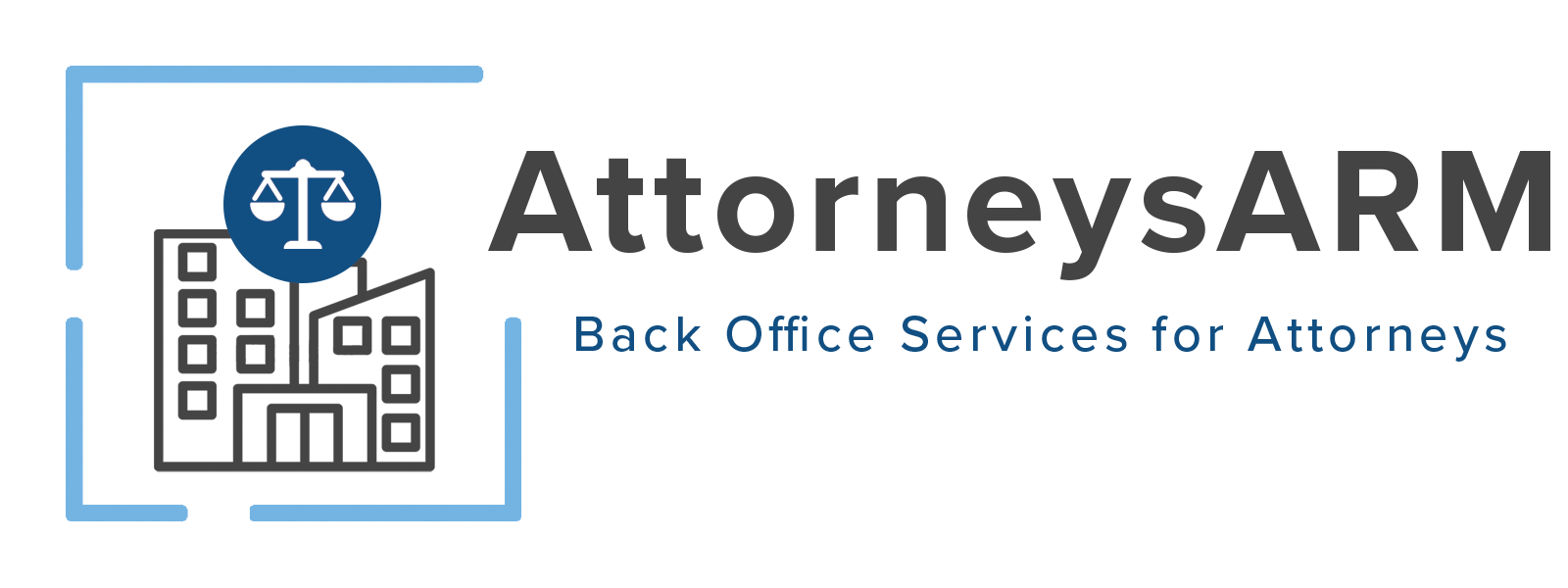Overdue accounts aren’t anything that any business really wants to deal with. Sometimes, no matter how many safeguards you put in place, your business still has overdue accounts to contend with. Those accounts aren’t easy to deal with, either. As one of the leading first and third-party collections agency in the nation (with a collections rate better than 90%), we’re going to let you in on the top 5 mistakes we see businesses make when dealing with overdue accounts. And while knowledge is power, remember that the real power comes from taking action to correct the mistakes that you see happening in your business.
Mistake #1 – You’re Not Following-Up the Day After an Account Is Due
Here’s a fact that we’re going to touch on more than once in this post: the longer that an overdue account sits unpaid, the harder it is to collect on. When it comes to unpaid accounts, it can literally pay to follow-up with the client the day after the account is due. It could be that the client didn’t receive their bill. Maybe paying just slipped their mind. Perhaps they have questions about their bill…or they’re upset with something that happened. They could have financial trouble. If you are B2B, there are even more reasons why you weren’t paid: the invoice wasn’t approved on time, the invoice wasn’t provided to the right person, or they could have different payment timeline that you’re not aware of.
There are a myriad of reasons for why a client didn’t pay you. You won’t know if you don’t reach out to them. Calling the day after a due date can act as a friendly reminder or it can put you in the position of helping the client solve a problem. Regardless, it puts you on the road to getting paid for the services you provided.
Mistake #2 – You Don’t Have a Collections Timeline to Follow
When we say collections, we’re not talking about the ugly practice of harassing clients who don’t pay. We’re talking about the end of the AR cycle that helps you get paid. A collections timeline outlines what happens to overdue accounts and then those actions take place. For example, calling the day after an account is due is step one of the collections timeline. You’d also consider when you’ll use demand letters, collections phone calls, and when you might consider either selling the debt or partnering with a debt collection agency to help you get paid.
You’d also create guidelines to determine what amount is owed to you that would make you file a small claims lawsuit against the account holder. Speaking of small claims, that brings us to the next mistake.
Mistake #3 – You Threaten to Sue the Client for the Past Due Account
“If you don’t pay, I’ll sue you!”
Those words seem to slip from lips all too easily. There’s just a couple of problems with this. First, under the Fair Debt Collection Practices Act, you’re not allowed to threaten the client. The only time you can tell a client that you plan to sue this is if you actually plan to do it. Second, not every overdue account is worth going to court over. Small claims court isn’t free. You have to consider whether the amount owed to you is worth the expense of paying to file a lawsuit, possibly retaining a lawyer, and whether you’ll even get a judgment in your favor. If you do get a judgment in your favor, you’ll have to take extra steps (which could cost you money since you’ll likely need the help of a lawyer) to actually get the money that you’re owed. You also have to consider whether just getting a judgment against the client is enough for you.
Mistake #4 – You Can’t Prove That the Debt Is Truly Owed
The client has the right at any point during the collections process to ask for verification of the debt. This is more than just sending them a copy of the last unpaid invoice. You must be able to prove that the client has a past due debt owed to you and that you have the legal right to attempt to collect on it. Every state has a statute of limitations on debt collection. It is usually divided into revolving accounts and credit accounts. If you’re trying to collect outside of the statute and the debtor has not somehow revived or renewed the debt, then you probably cannot legally collect on it.
To verify that a debt exists, you’ll want to send a copy (never send originals) of a signed contract or agreement for services that has the debtor’s signature as well as something that shows the last service or services the debtor received. You can also include a copy of the last invoice that has gone unpaid.
Mistake #5 – You Devote All of Your Time to Collecting on Overdue Accounts
Yes, it’s important to collect on overdue accounts. Past due accounts affect your bottom line. However, as a business owner, you have to spend your time on providing services and bringing in new clients. If you need help collecting on past due accounts, schedule your free consultation with Clients ARM. With more than 30 years of experience, we understand the importance of relying on old fashioned customer service to help our clients get paid. To learn more about how we can help you, call us now!




